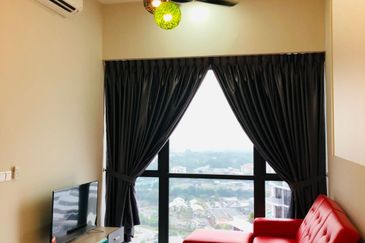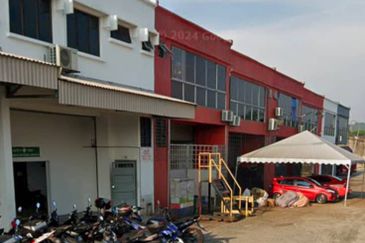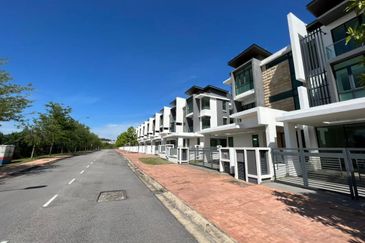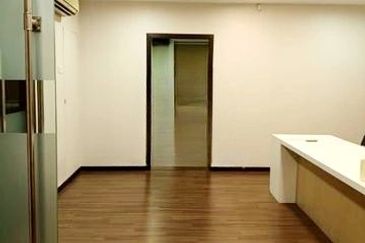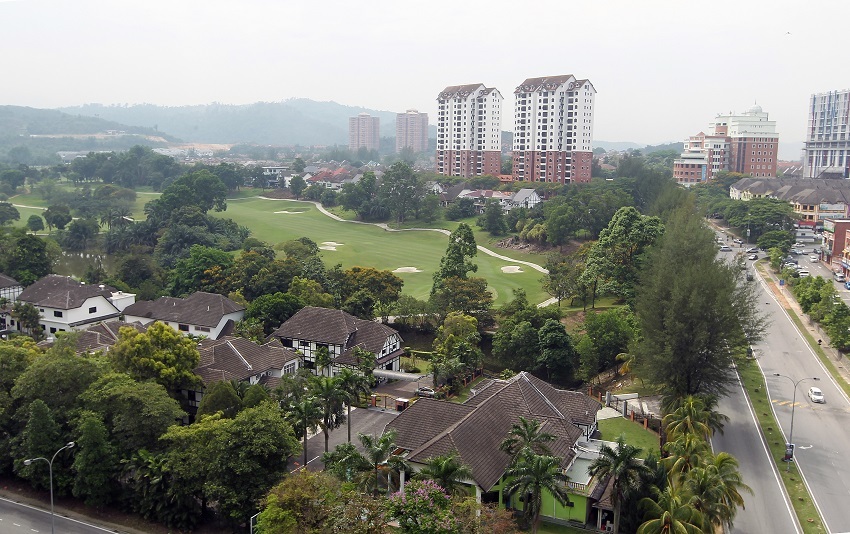
PETALING JAYA (April 22): Property investors are planning to capitalise on renewed confidence in Malaysia's economy despite the current global volatility, said an economist with a United Arab Emirates-based property/investment company.
According to a Bernama report, IQI Group Holdings chief economist/investment strategies Shan Saeed said Malaysia's property segment was growing in a structured manner and this would continue to attract investments from Europe, China, Japan and South Korea.
"We advise our clients on the global scale and they are looking at Malaysia's property market from a very favourable perspective.
"The investors consider the economic growth, investment pattern and domestic growth when deciding to invest in a country," he told reporters at the International Business Review Summit 2016 here today.
IQI provides advisory services to clients in Kuala Lumpur, Singapore, Hong Kong, London, Melbourne and the Middle East.
"More and more people are looking at property because they are still undervalued and investors are looking at it from the global perspective," Shan said.
On Malaysia's outlook, he said property prices in Kuala Lumpur would slowly become more like those in Hong Kong -- exorbitant.
Shan said he expected the country’s gross domestic product to grow between 4.8% and 5.2%, supported by confidence in the economy.
"Continuous domestic demand and rising consumer spending will support the GDP growth going forward," he said
Shan is also optimistic about the local currency, and that it reflected Malaysia's economic health.
"Last year, people were saying that the ringgit is going to touch between 5.80 and 6.0, but it was not so as at Dec 31, 2015, instead it was traded at 4.20.”
TOP PICKS BY EDGEPROP
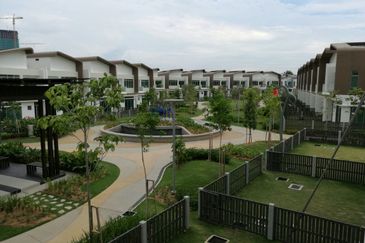
Liu Li Garden, Setia Eco Glades
Cyberjaya, Selangor

Isle of Botanica, Setia Eco Glades
Cyberjaya, Selangor
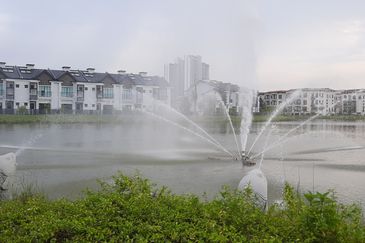
Setia Marina 3, Setia Eco Glades
Cyberjaya, Selangor
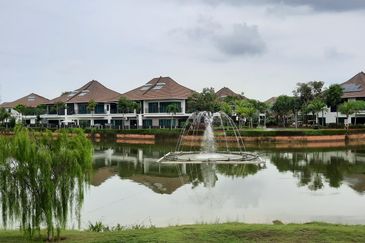
Charms of Nusantara, Setia Eco Glades
Cyberjaya, Selangor
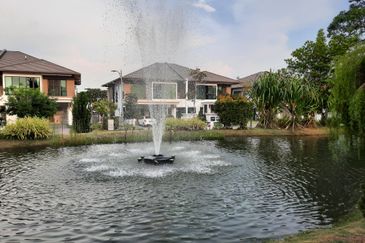
Lepironia Gardens, Setia Eco Glades
Cyberjaya, Selangor
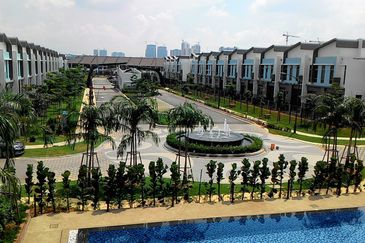
Liu Li Garden, Setia Eco Glades
Cyberjaya, Selangor
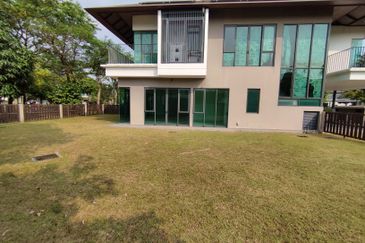
Charms of Nusantara, Setia Eco Glades
Cyberjaya, Selangor
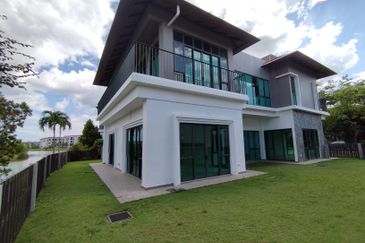
Setia Marina 2, Setia Eco Glades
Cyberjaya, Selangor

Bandar Baru Sri Petaling
Bandar Baru Sri Petaling, Kuala Lumpur
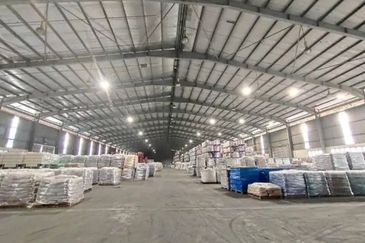
Taman Perindustrian Subang USJ 1
Subang, Selangor
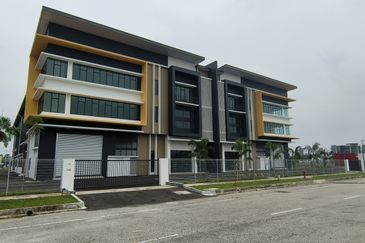
Cipta Industrial Park @ Serenia City
Sepang, Selangor
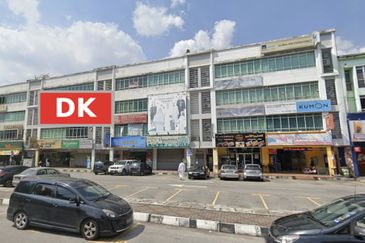
Medan Idaman Business Centre
Setapak, Kuala Lumpur

Hampton Damansara
Country Heights Damansara, Kuala Lumpur

Hampton Damansara
Country Heights Damansara, Kuala Lumpur

Hampton Damansara
Country Heights Damansara, Kuala Lumpur


